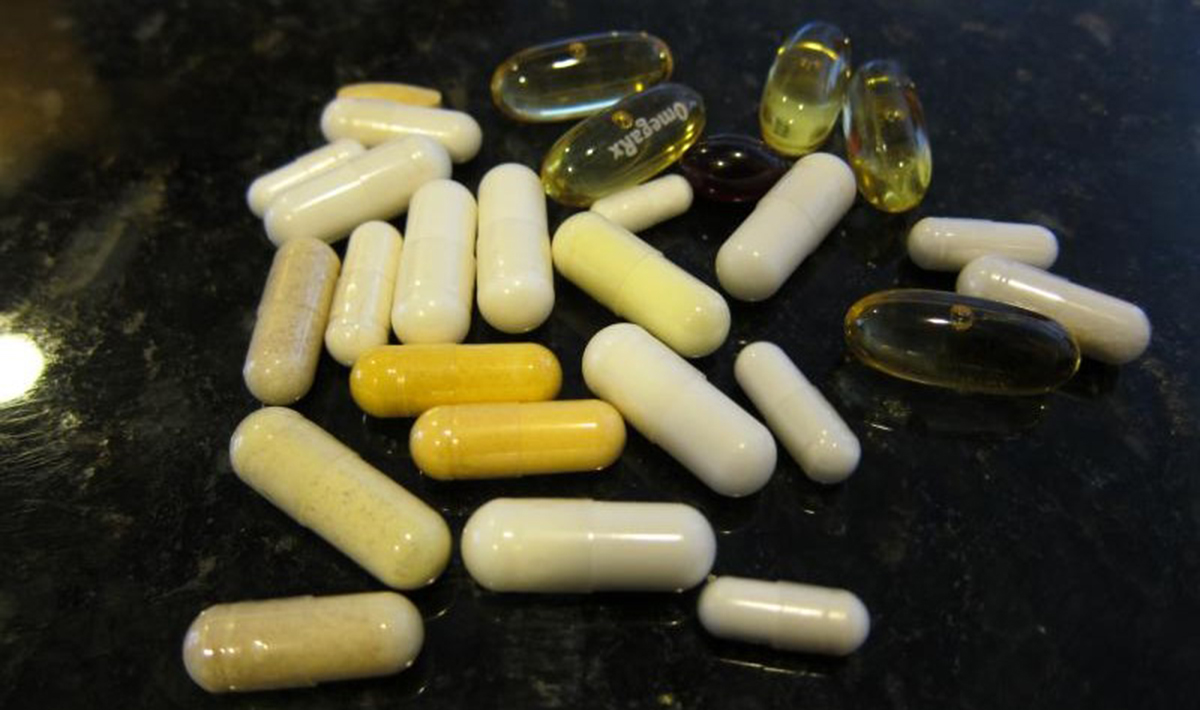Table of Contents
It is important to understand that nutritional supplements do not "cure" bipolar disorder. They just help manage symptoms. That being said, there is more than just the previously mentioned single study in support of the use of omega-3 essential fatty acids and inositol in supportive therapy for the condition.

At least 118 scientific studies have considered the use of fish oil, a common source of omega-3 essential fatty acids, as a treatment for bipolar disorder. A general trend of the findings of these studies is that as a component of the hormones every cell in the body uses to make hormones that regulate and limit formulation, omega-3 essential fatty acids reduce the effects of inflammation in the brain so that it is more responsive to the neurotransmitters dopamine, serotonin, and norepinephrine. The docosahexaenoic acid (DHA) component of fish oil also serves as a building block for nerve tissue in the brain.
Inositol seems to exert its influence on the brain by limiting the bursts of energy made in the mitochondria in brain cells during manic episodes. Scientists have recently discovered that inositol activates the same genes as lithium, and has some of the same effects on energy production in brain cells as lithium. There have been at least 291 published scientific studies of various aspects of the effects of inositol on the brain in bipolar disorder.
Both products are inexpensive, almost free of side effects, and at least partially effective in controlling the symptoms of bipolar disorder. There isn't any evidence that people who take them for a day, a week, a month, or a year will be cured of their bipolar disorder. The washout period, after which the supplements cease to have any effect after they are no longer taken, is probably just a few days.
Who is most likely to benefit from fish oil and/or inositol for bipolar disorder? People who don't get good results with conventional medications are the logical recipients for nutritional supplements. They are worth a try. Scientists are only beginning to understand how genetics relates to the efficacy of medication for bipolar disorder; presumably some people with bipolar disorder would get greater benefits from fish oil and inositol than others, but doctors don't know who benefits most.
See Also: Inside Bipolar Mind
And is it safe to take fish oil and inositol with conventional psychotropic medications for bipolar disorder? Laboratory studies with mice suggest that inositol does not reverse the effects of lithium treatment. There are no reports of drug interactions or reduced drug effectiveness when using the supplements. The benefits of inositol are greater when users avoid giving in to the "munchies," since it works in part by helping brain cells recycle malformed proteins during fasting--so avoid nighttime snacks and heavy meals when taking these products.
- Lowry F. Omega-3 Fatty Acids Plus Inositol Promising in Pediatric BPD. Medscape News. Medical Conference News. 26 June 2014.
- Photo courtesy of Paulie Wolf by Flickr : www.flickr.com/photos/124268011@N07/14320429809
- Photo courtesy of Neeta Lind by Flickr : www.flickr.com/photos/neeta_lind/4622133058


Your thoughts on this